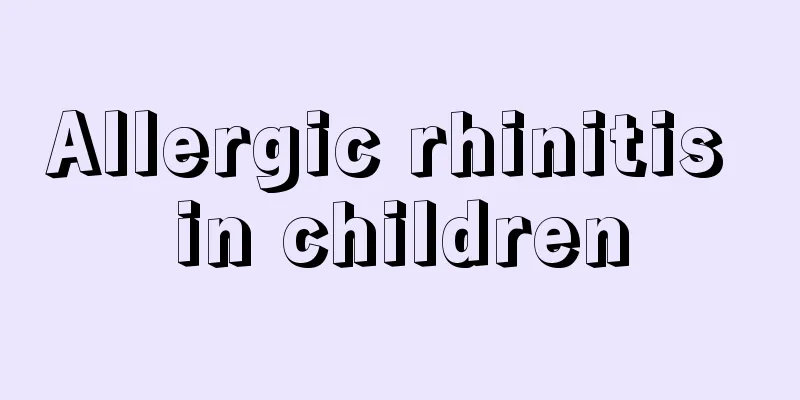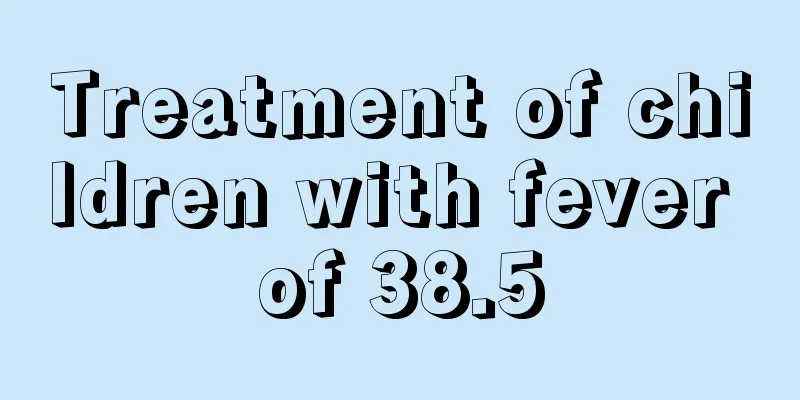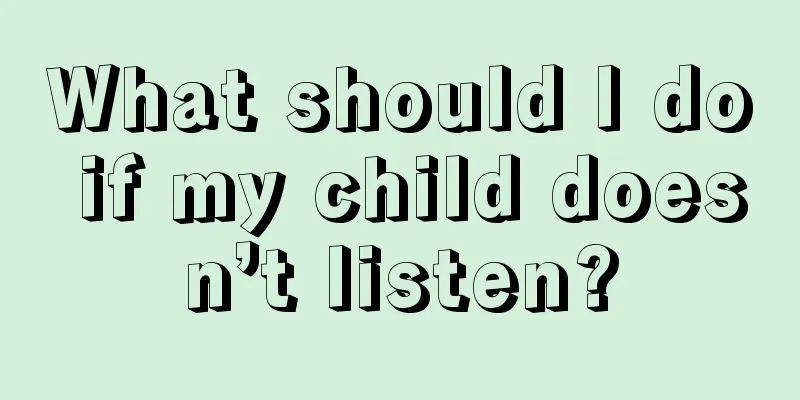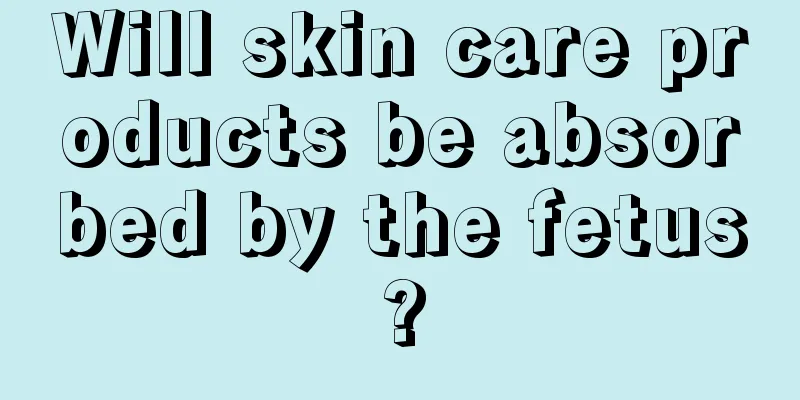Allergic rhinitis in children

|
Allergic rhinitis in children is a common disease in children, which troubles many parents. It mostly occurs in spring. Moreover, since the allergens of many children are uncertain, if the children are not careful, they will be exposed to allergens that are targeted at their constitutions, which will cause allergic rhinitis again. Or, allergic rhinitis is often accompanied by a cold, making it difficult to recover from the cold. If a child is under one year old and suffers from allergic rhinitis or chronic rhinitis, the child will be in a state of hypoxia due to the unobstructed nasal cavity, which will have a certain impact on the child's physical development, nervous system and brain development. As a result, the child will have some symptoms such as memory loss, slow reaction, or inability to concentrate when doing things. Therefore, parents must pay attention to the symptoms of allergic rhinitis in their children, always pay attention to it in daily life, and adjust their children's diet. Preventive remedies 1. Self-massage. Put your palms together and rub them up and down. When the thenar muscles on both sides of your palms are slightly warm, rub them around your nose on both sides. Perform self-massage once in the morning and evening, rubbing your nose back and forth 50 times each time. This is one of the ways to prevent allergic rhinitis. 2 Stay away from allergens. Allergens can cause allergic rhinitis in people with sensitive constitutions. Different people react differently to allergens. This is also a preventive measure for allergic rhinitis. 3. Get rid of bad eating habits. Patients should avoid or reduce the intake of frozen drinks, ice cream, etc.; eat less cold foods such as cabbage, mustard greens, watermelon, and cantaloupe. Prevention of this type of allergic rhinitis is relatively common. 4 Honeycomb: In addition to the same ingredients and functions as ordinary honey, it also contains beeswax and a small amount of propolis, which has a good effect on acute and chronic pharyngitis and rhinitis. 5. Honey: Drink a spoonful of honey every day. Honey contains trace amounts of bee venom. Bee venom is a poisonous liquid in the body of bees, but it is clinically used to treat allergic diseases such as bronchial asthma. Honey contains a certain amount of pollen grains. Drinking it regularly can develop a certain resistance to pollen allergies. It is best to buy fresh honey from a familiar bee farm. Most of the honey sold in supermarkets has been processed and has poor quality. 6. Jujube: Japanese scholars have found that red dates contain a large amount of anti-allergic substance - cyclic adenosine monophosphate, which can only temporarily prevent the occurrence of allergic reactions. Directions for use: 1. Decoction 10 red dates in water, 3 times a day. 2. Eat raw red dates, 10 grams each time, 3 times a day. 3. Add 10 red dates and 100 grams of barley into water and boil it. Take it 2-3 times a day. It is better to break the jujube into pieces when decocting in water, and it is not advisable to add sugar during the decocting process. 7. Enoki mushrooms: Regular consumption of Enoki mushrooms is beneficial to the elimination of heavy metal ions and toxins and waste produced by metabolism. 8 Carrots: Recently, Japanese experts discovered that the beta-carotene in carrots can effectively prevent allergic reactions such as pollen allergies and allergic dermatitis. Dietary considerations 1Avoid eating raw, cold and spicy foods. like: Beef, caffeinated beverages, chocolate, citrus juices, corn, dairy products, eggs, oats, oysters, peanuts, salmon, strawberries, cantaloupe, tomatoes, wheat. Cold drinks: Overly cold food can reduce immunity and cause respiratory allergies. Irritating foods: such as peppers, mustard, etc., can easily irritate the respiratory mucosa. Specially treated or processed foods. Artificial colors: especially Yellow 5. Avoid food additives such as vanillin, benzaldehyde, eucalyptol, and monosodium glutamate. 2 Eat more vegetables, fruits and cereals rich in vitamin B and vitamin C, because these two vitamins can effectively reduce allergies. The beta-carotene in carrots and dark green vegetables and the vitamin E in wheat germ and oats can prevent the decline of immune function and can be used to eliminate allergic rhinitis. 3 Avoid eating any food that can cause allergic rhinitis. Be careful when eating fish, shrimp and crabs. Some people believe that fish, shrimp, and crab foods are prone to cause allergic reactions, so they should be avoided when suffering from allergic diseases. 4 Pay attention to eating more foods that nourish the lung qi. Such as bird's nest, fungus, white fungus, dried persimmon, peanuts, walnuts, lily, pine nuts, etc. can be used Now that we all have a preliminary understanding and prevention knowledge of allergic rhinitis in children, parents are requested to pay more attention to their children in all aspects. As long as these preventive methods are combined, the recurrence of allergic rhinitis in children will be reduced, and the children's condition can be alleviated and controlled. |
>>: Allergic cough in children
Recommend
What to do if children have dry lips
In autumn and winter, the weather is the driest. ...
What is the cause of peeling of the child's hands?
Many people have reported that their children'...
Symptoms of capillary hemangioma in infants and young children
Capillary hemangioma is a specific disease sympto...
What's the best healthy breakfast?
We all know that breakfast is very important in o...
What should I do if my child has lymph nodes?
Lymph nodes are very common in the human body and...
What is the normal body temperature for a 6 year old child?
Children having a fever is a very common phenomen...
How to treat asthma in children
Children with asthma must be treated in time, bec...
What are the symptoms of cerebral palsy in three-month-old babies?
The incidence of cerebral palsy is relatively hig...
Introduction to the development process of children from one to six months
Human beings themselves are very mysterious. From...
What to do if your four-year-old baby wets the bed
Everyone has experienced bedwetting. This is beca...
What should I do if my child snores and holds his breath while sleeping?
Snoring is a very common phenomenon. Many people ...
What causes children’s crooked mouth?
I believe that many parents may encounter childre...
Baby's face has acne and pus
Children are generally not prone to acne before t...
What are the dietary treatments for children with phlegm and cough?
Although children's cough is a common lung di...
What are the adverse reactions to the chickenpox vaccine?
Varicella is a highly contagious viral disease th...









